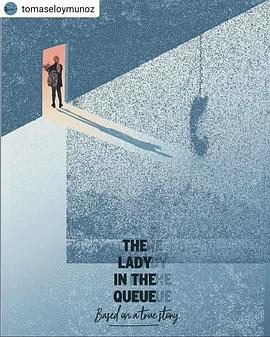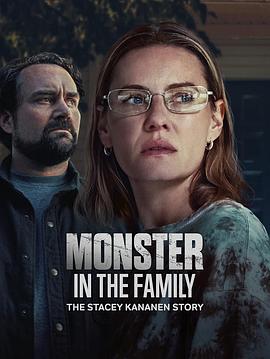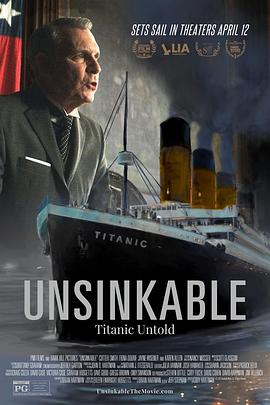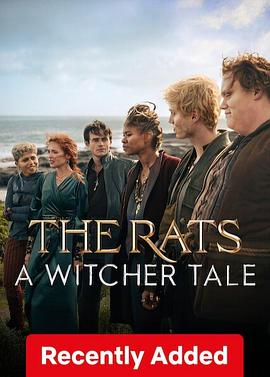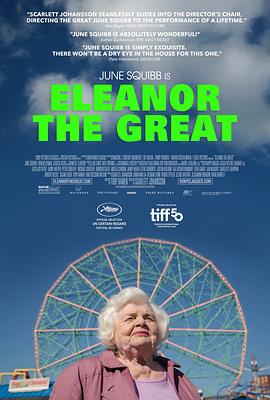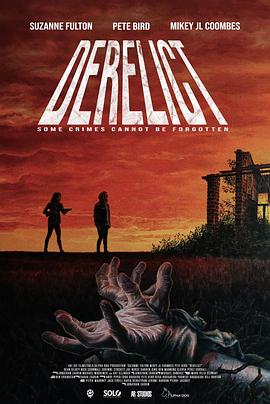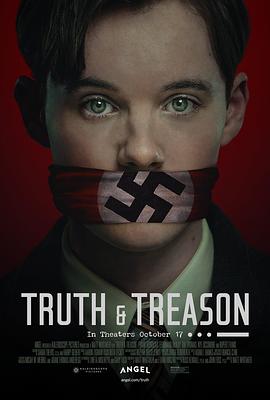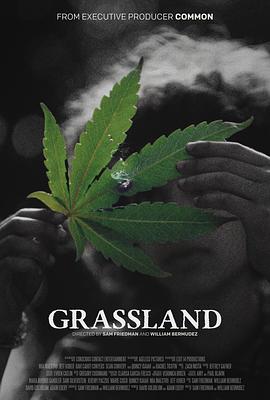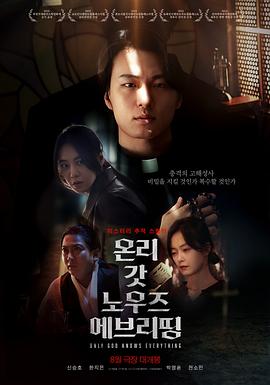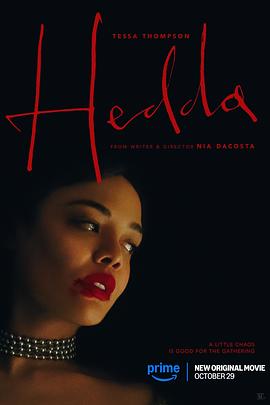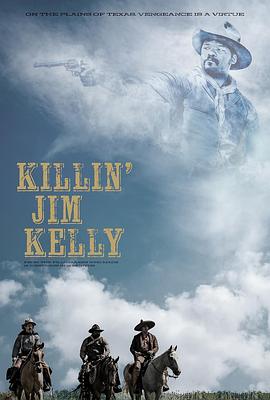- 正在播放《欧洲的某个地方》HD中字 - nnm3u8
- 提醒不要轻易相信视频中的任何广告,谨防上当受骗
- 技巧如遇视频无法播放或加载速度慢,可尝试切换播放节点或者切换解析
- 收藏观影汇-海量高清视频免费在线观看网址:www.legh.xyz / www.legh.xyz ,记得收藏哟~
剧情:
Somewhere in the remote region, the war ends. In the midst of ruined cities and houses in the streets, in rural hamlets, everywhere where people still live, are children who have lost their homes and parents. Abandoned, hungry, and in rags, defenseless and humiliated, they wander through the world. Hunger drives them. Little streams of orphans merge into a river which rushes forward and submerges everything in its path. The children do not know any feeling; they know only the world of their enemies. They fight, steal, struggle for a mouthful of food, and violence is merely a means to get it. A gang led by Cahoun finds a refuge in an abandoned castle and encounters an old composer who has voluntarily retired into solitude from a world of hatred, treason, and crime. How can they find a common ground, how can they become mutual friends The castle becomes their hiding place but possibly it will also be their first home which they may organize and must defend. But even for this, the price will be very high. To this simple story, the journalist, writer, poet, scriptwriter, movie director, and film theoretician Béla Balázs applied many years of experience. He and the director Géza Radványi created a work which opened a new postwar chapter in Hungarian film. Surprisingly, this film has not lost any of its impact over the years, especially on a profound philosophical level. That is to say, it is not merely a movie about war; it is not important in what location and in what period of time it takes place. It is a story outside of time about the joyless fate of children who pay dearly for the cruel war games of adults. At the time it was premiered, the movie was enthusiastically received by the critics. The main roles were taken by streetwise boys of a children's group who created their roles improvisationally in close contact with a few professional actors, and in the children's acting their own fresh experience of war's turmoil appears to be reflected. At the same time, their performance fits admirably into the mosaic of a very complex movie language. Balázs's influence revealed itself, above all, in the introductory sequences an air raid on an amusement park, seen in a montage of dramatic situations evoking the last spasms of war, where, undoubtedly, we discern the influence of classical Soviet cinematography. Shooting, the boy's escape, the locomotive's wheels, the shadows of soldiers with submachine guns, the sound of a whistle—the images are linked together in abrupt sequences in which varying shots and expressive sharp sounds are emphasized. A perfectly planned screenplay avoided all elements of sentimentality, time-worn stereotypes of wronged children, romanticism and cheap simplification. The authors succeeded in bridging the perilous dramatic abyss of the metamorphosis of a children's community. Their telling of the story (the scene of pillaging, the assault on the castle, etc) independently introduced some neorealist elements which, at that time, were being propagated in Italy by De Sica, Rossellini, and other film artists. The rebukes of contemporary critics, who called attention to formalism for its own sake have been forgotten. The masterly art of cameraman Barnabás Hegyi gives vitality to the poetic images. His angle shots of the children, his composition of scenes in the castle interior, are a living document of the times, and underline the atmosphere and the characters of the protagonists. The success of the picture was also enhanced by the musical art of composer Dénes Buday who, in tense situations, inserted the theme of the Marseilaise into the movie's structure, as a motive of community unification, as an expression of friendship and the possibility of understanding. Valahol Europaban is the first significant postwar Hungarian film. It originated in a relaxed atmosphere, replete with joy and euphoria, and it includes these elements in order to demonstrate the strength of humanism, tolerance, and friendship. It represents a general condemnation of war anywhere in the world, in any form.收起
相关影片
2025剧情片阿根廷
更新HD
2024剧情片中国大陆
更新HD
2025剧情片美国
Stacey survives a childhood of abuse and fear, only to face a shocking twist when her brother, Ricki
更新HD
2024剧情片美国
更新HD
2025剧情片美国
更新HD
2025剧情片美国
朱恩·斯奎布 艾琳·凯利曼 杰西卡·赫特 切瓦特·埃加福 科尔·特里斯坦·墨菲 韦尔·普莱斯 Michael Everett Johnson 莉亚·兰朵 Greg Kaston 斯万米·萨姆派奥 斯蒂芬·辛格 Rita Zohar Luis Castro de Leon 科尔·拉格斯代尔 Marcha Kia 詹娜·克雷 Jacob Flekier Zach Fike Hodges Kathryn Mayer
老来相作伴的闺密去世后,老龄94岁的埃兰诺怀抱对挚友的思念,搬回纽约和女儿同住,但牙尖嘴利的她没几天就把母女关系搞僵,还直接被丢包到犹太社区中心上音乐课。一个不经意的瞒天大谎,让她误打误撞与新闻系学生
更新HD
2024剧情片英国
更新剧情片
2025剧情片其它
伊万·霍罗克斯 鲁珀特·伊文斯 费迪南德·麦凯 Daf Thomas Nye Occomore 乔安娜 克里斯蒂 肖恩·马洪 Sylvie Varcoe 本·迪洛韦 丹尼尔·贝茨 Celinde Schoenmaker Aaron Zicman Gwenver Farnworth 克里斯托斯·劳顿 多米尼克·马夫海姆 Gabriel Scott John Sackville Maxim Ays Sam Pamphilon 布莱恩·卡斯佩
16岁男孩赫尔穆特·胡贝纳 (Helmuth Hübener) 在目睹犹太朋友被纳粹逮捕后,与朋友卡尔和鲁迪组建了抵抗组织。他们的勇敢行为使他们面临纳粹德国最高法院的审判。
更新TC
2025剧情片美国
更新HD
2025剧情片韩国
更新HD
2025剧情片美国
更新HD
2024剧情片日本
更新HD
2025剧情片美国
更新HD
2025剧情片美国
更新TC

